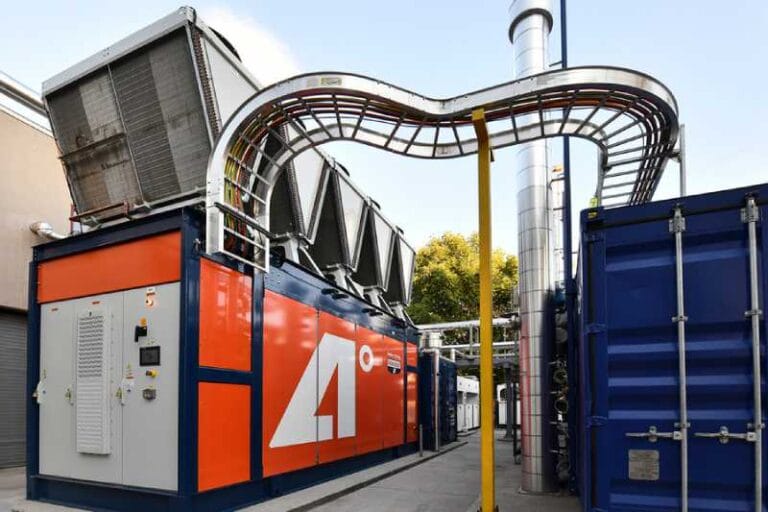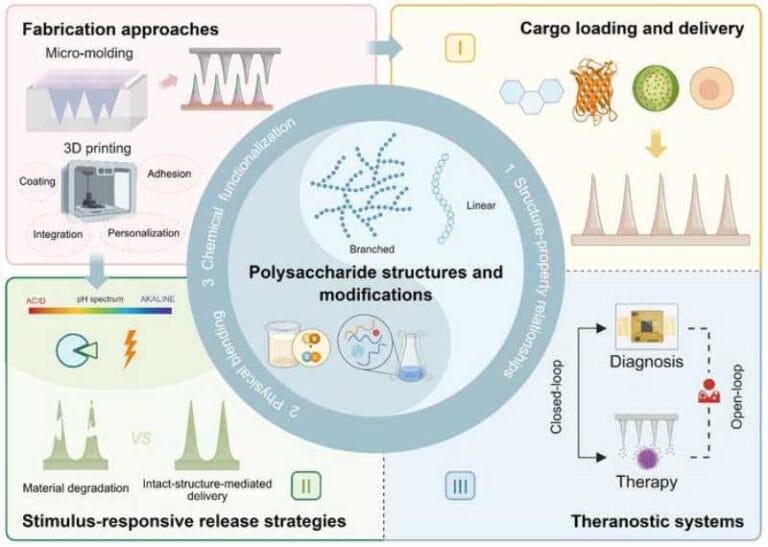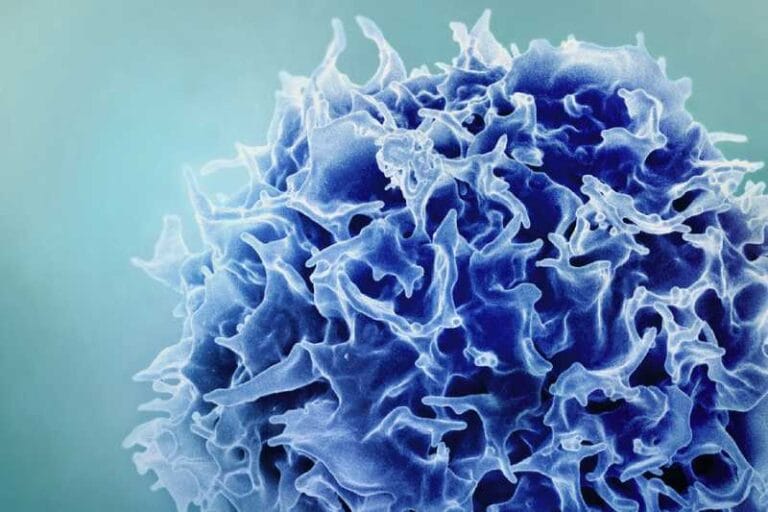Neuralink gets approval for implant to restore human vision

Neuralink, the brain-computer interface (BCI) company founded by Elon Musk, has achieved a significant milestone by obtaining “breakthrough device” designation from the US Food and Drug Administration (FDA) for its Blindsight implant. The device was developed with the aim of offering hope to people with severe visual impairment by directly connecting the brain to digital interfaces to restore vision.
With FDA approval, Blindsight is moving quickly through the regulatory process, highlighting the revolutionary potential of this technology to transform the lives of people living with blindness. According to Musk, the implant will allow even those who have lost both eyes and the optic nerve to see again, as long as the visual cortex is intact.
“Neuralink’s Blindsight device will allow even those who have lost both eyes and the optic nerve to see,” Musk posted on X this week. “As long as the visual cortex is intact, it will allow even people blind from birth to see for the first time.”
Musk also pointed out that the vision initially provided by Blindsight will be low-resolution, similar to old game graphics: “At first, the vision will be low-resolution, like Atari graphics, but eventually it will be able to surpass natural vision and allow you to see in infrared, ultraviolet or even radar wavelengths, like Geordi La Forge.” To illustrate the innovation, he shared an image in homage to the character Geordi La Forge, from Star Trek: The Next Generation, who uses an advanced device to see.
The tribute, published on X (formerly Twitter), reinforces the idea that technologies once limited to science fiction are getting closer to reality.
Since it was founded in 2016, Neuralink has been working on the development of brain chips, which were initially tested on animals and more recently moved on to clinical trials on humans. In January 2024, the company performed the first human implant of its brain chip, called Telepathy. The procedure was carried out on Noland Arbaugh, a 30-year-old man who was quadriplegic after a diving accident. The device allowed him to control technologies such as video games and computer programs with his mind alone.
Arbaugh has been sharing his journey with the X implant. In one of his most recent posts, he mentioned using the brain chip to expand his cognitive abilities: “In my spare time, Eve (the name I gave my Neuralink device) and I are working on improving myself in various aspects. I’m currently learning French and Japanese for about three hours a day, using various resources.”
However, the process has not been without its challenges. Earlier this year, Neuralink had to deal with a technical problem in which some of the device’s wires had retracted. The company, however, managed to resolve the situation with an algorithm update, allowing Arbaugh to continue exploring the interface’s capabilities.
The FDA’s “breakthrough device” designation is granted to a limited number of medical devices that offer solutions to risky conditions, speeding up the development and approval process. With the new classification, Neuralink is one step closer to making accessible a technology that promises to change the lives of millions of people around the world.






